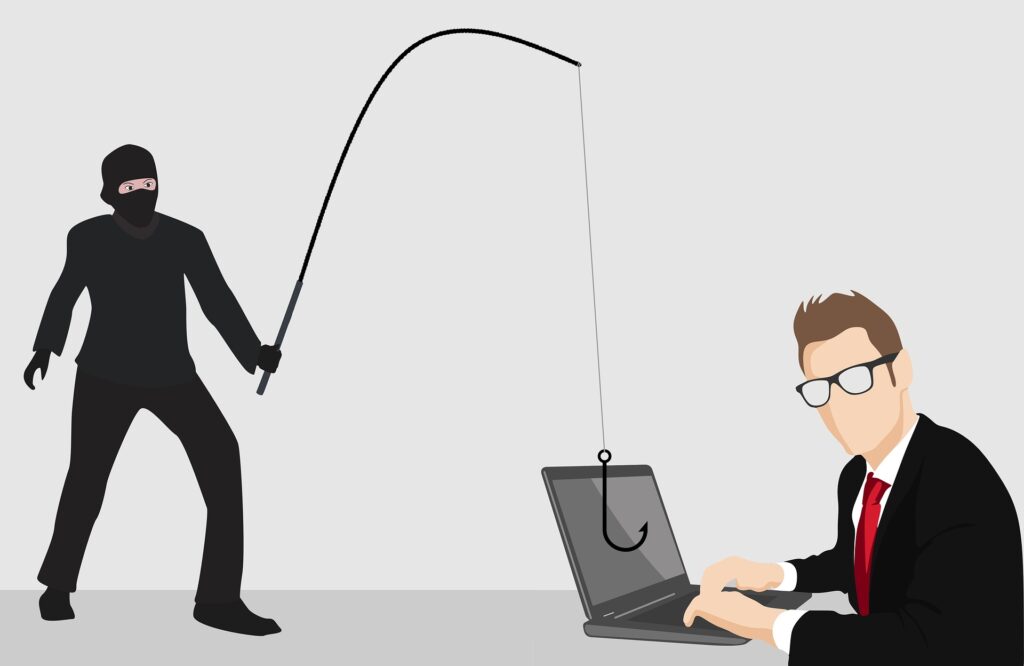As we know, the world is becoming digitized with every passing day and the threat of cyber attacks and identity thefts is getting more serious. While there is a lot of work being done to secure our data both on computer networks and in the cloud, there is a challenge to face to secure the world from cyber attacks and identity thefts. We need better technologies that make protecting data easier.
The statistics show insane numbers — around 1 in 15 people become victims of identity fraud. And in 2022 identity theft scenarios are increasing drastically. There were 5.7 million reports of identity theft and fraud in the US only last year, up from 4.7 million in 2020. With a $500 median loss, the cost to victims is growing as society becomes more digitally dependent.
One of the reasons why security threats remain is that people store, contribute, and share a lot of personal information (PII) and sensitive data online. Events like the LinkedIn breach that exposed 700 million user records confirmes that, shaking the digitized world to the bone over and again.
According to the Aite-Novarica Group, 47 percent of Americans experienced financial identity theft in 2020.

One of the most significant security risks in the digital space is the one that is associated with social networks. Users can never be 100% sure that you interact with the exact person they want to connect with. Thus there is a threat that users have to be wary of. It’s the one that comes from their own accounts. Users usually share sensitive information about themselves with the people they meet off-line and this can lead to identity theft.
How to Prevent from Cyber Attacks Identity Thefts
In order to prevent from cyber attacks and to fall in cyber scam you need need to start with the basics of “cyber hygiene,” easy and common-sense ways to protect yourself online.
Here are the 5 things you can do:
- Implement multi-factor authentication on your accounts and make it significantly less likely you’ll get hacked.
- Update your software. In fact, turn on automatic updates.
- Think before you click. More than 90% of successful cyber-attacks start with a phishing email.
- Use strong passwords, and ideally a password manager to generate and store unique passwords.
- Be wary of public WiFi and think twice before joining an unsecured network. Virtual private networks, or VPNs, are tools that can help you shield yourself from prying eyes on public WiFi networks.



1 Comment
Pingback: Hacker Steal Personal Data of Over 40,000 Karachi Citizens and Put for Sale on Dark Web - Soluxionz